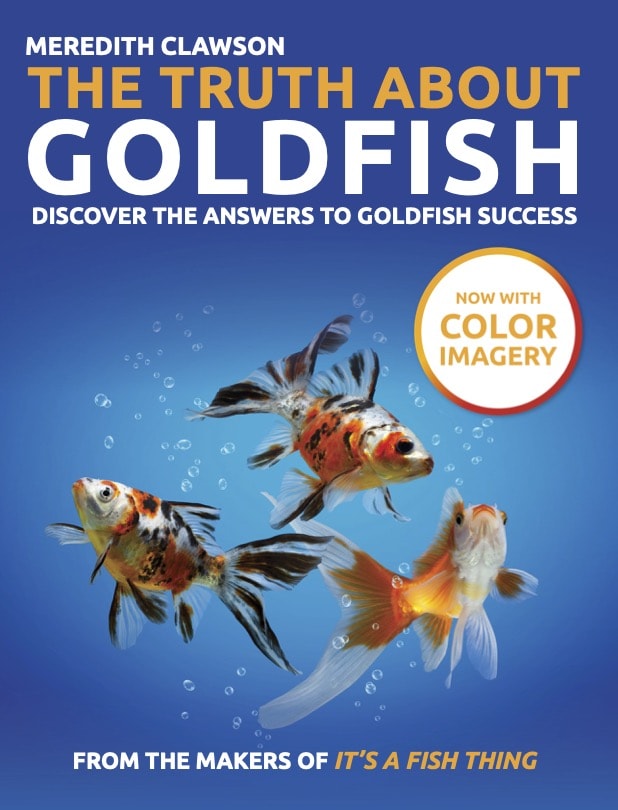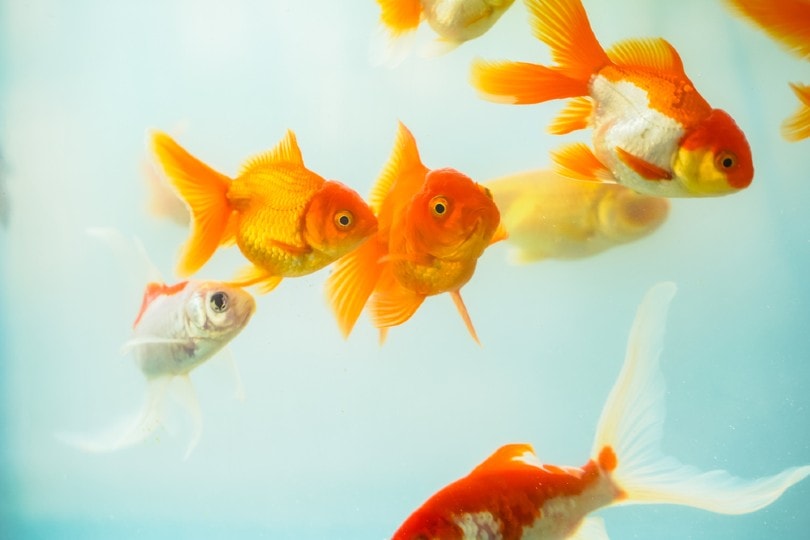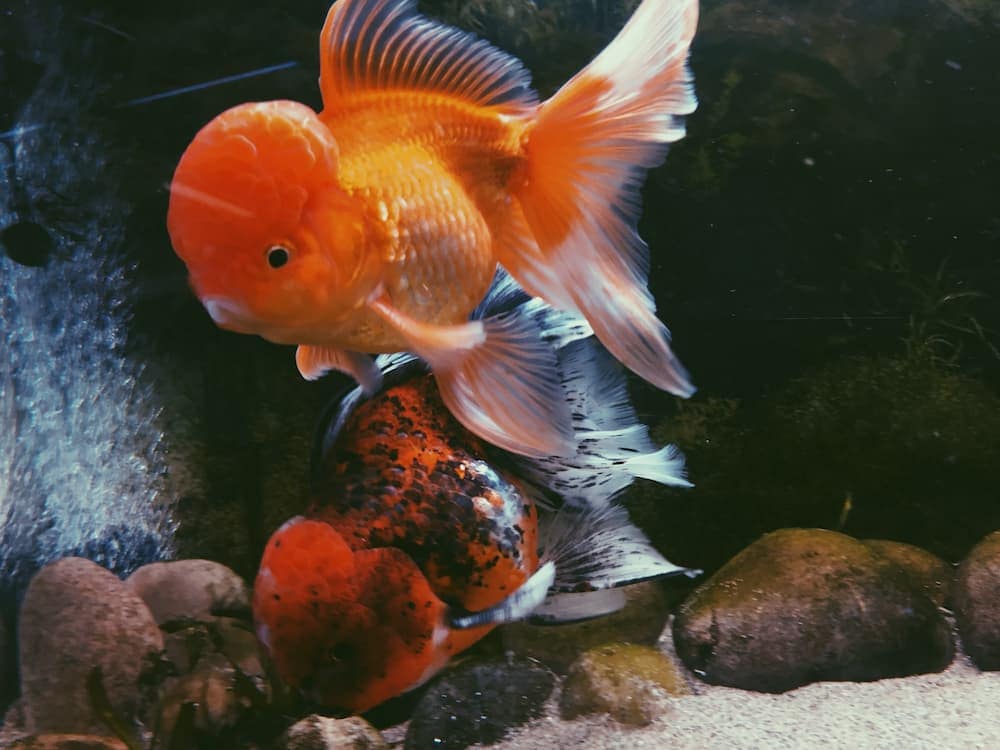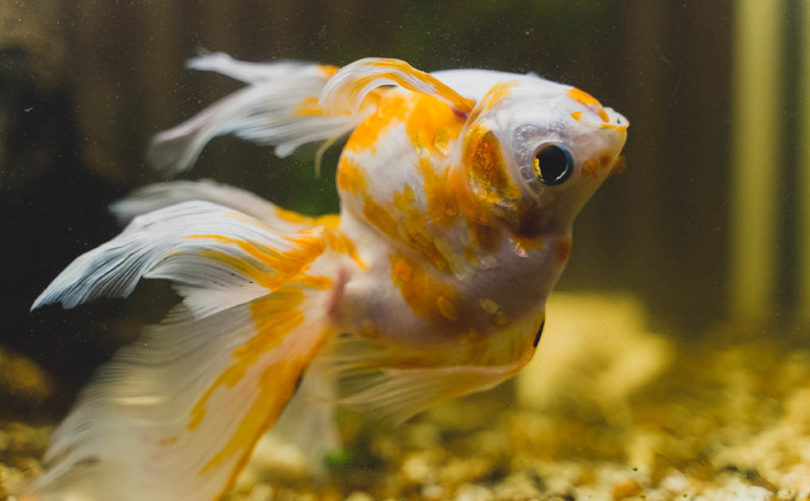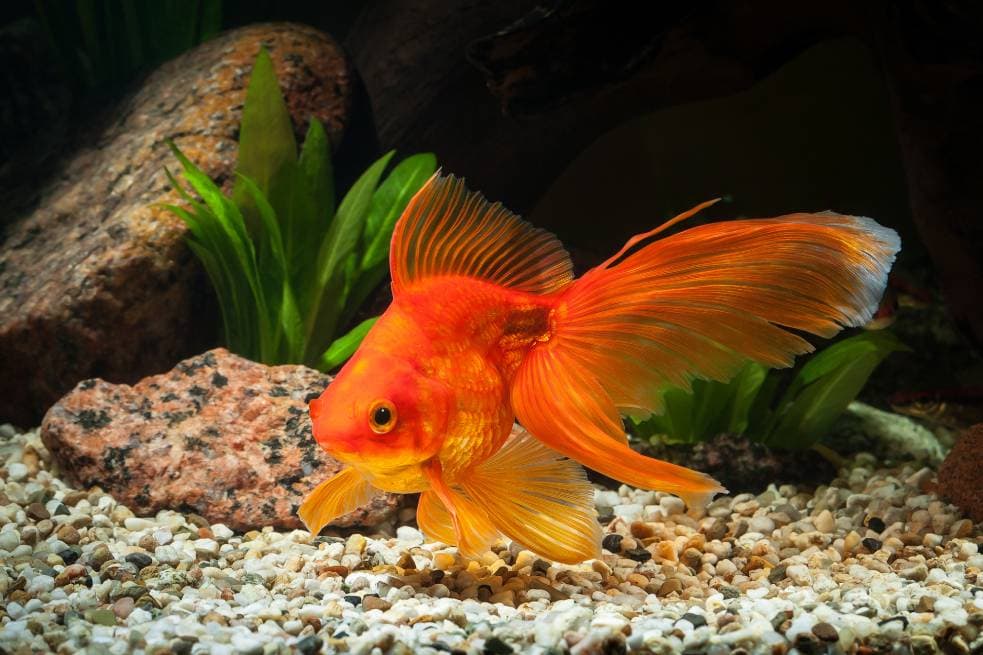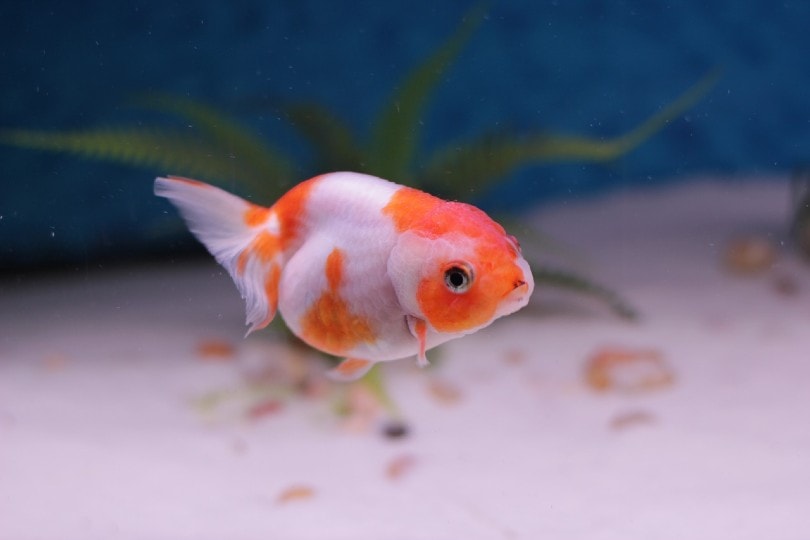
It can be intimidating to stick your hand into a tank with your ravenously hungry goldfish. You never know when you might catch a nip from a goldfish, and they can be quite the greedy little fish. Is there anything you should be concerned about if your goldfish nibbles your hand, though? Do they even have teeth? Yes, they do! Let’s talk about the unusual mouth anatomy of your aquatic friend, the goldfish.
Do Goldfish Have Teeth?
Yes! However, they don’t have teeth in the way you might think. It’s a little more…Alien than the straightforward mouth anatomy we’re used to. Obviously, humans have teeth in their mouths. We use our teeth to chew our food before swallowing it, where it begins digesting in the stomach. Many animals have this type of mouth anatomy, and it’s a commonality among almost all mammals, as well as many fish and reptiles.
Goldfish don’t have teeth in their mouths. They actually have “pharyngeal teeth”. These teeth are in the throat and are used for crushing and grinding of food before it enters the digestive system. This means that goldfish don’t start chewing their food until it has passed through the mouth.
Many goldfish die as a result of improper feeding, diet, and/or portion sizes – which can be easily prevented by proper education.
That's why we recommend the best-selling book, The Truth About Goldfish, which covers everything about goldfish nutrition, tank maintenance, illnesses & more! Check it out on Amazon today.
What Are Pharyngeal Teeth?
Pharyngeal teeth are not sharp and are similar to the flat teeth of herbivores, as well as the molars of omnivores. They are wide, flat, and lack points, and they serve no purpose but to crush food. Pharyngeal teeth are not capable of tearing or cutting food in the way that typical mouth teeth are. Part of this is because of the lack of sharpness, and the other part of it is related to the anatomy surrounding the pharyngeal teeth—namely the lack of a tongue.
In our mouth, we use our tongue to move food around, allowing our teeth to function more efficiently. Goldfish, however, don’t have tongues. Instead, they have an organ called a “basihyal”, which has limited muscle connections and motion capabilities, especially when compared to a true tongue. This hard organ serves very little function for eating and doesn’t contain taste buds. Its primary purpose is believed to protect the ventral aorta, which is an important major artery, from damage from consuming live or hard food items.
Does a Goldfish Bite Hurt?
If your goldfish nibbles on your hand, they are physically incapable of doing any damage. If anything, the nip might startle you, but it won’t hurt you and certainly won’t break the skin or even leave a mark. Goldfish don’t bite out of fear or aggression. Rather, they are working to identify if you are a food item, and if you are, can you fit into their mouth. If your goldfish nips at you, they’ll quickly realize you aren’t food. They might continue to come back for more nibbles, especially if they associate you with feeding time, but you can rest assured that you won’t be injured by this interaction.

Conclusion
Goldfish do have teeth, but they are unusual teeth that don’t meet the criteria of teeth that we are familiar with. They have pharyngeal teeth, which help them crush and grind their food for maximum nutrient absorption as it moves through the digestive tract. Goldfish don’t have stomachs, so it’s important for them to break their food down to small, digestible pieces before it begins working its way through the intestines. Pharyngeal teeth won’t harm you, but they do help your goldfish maximize nutrient absorption from their diet.
See Also:
- How to Handle Goldfish Tumors & Growths? What You Need To Know!
- Are Small Fish Tanks Cruel? Fact vs Fiction & What You Need To Know!
- Celestial Eye Goldfish
Featured Image Credit: Tina Designs, Pixabay

